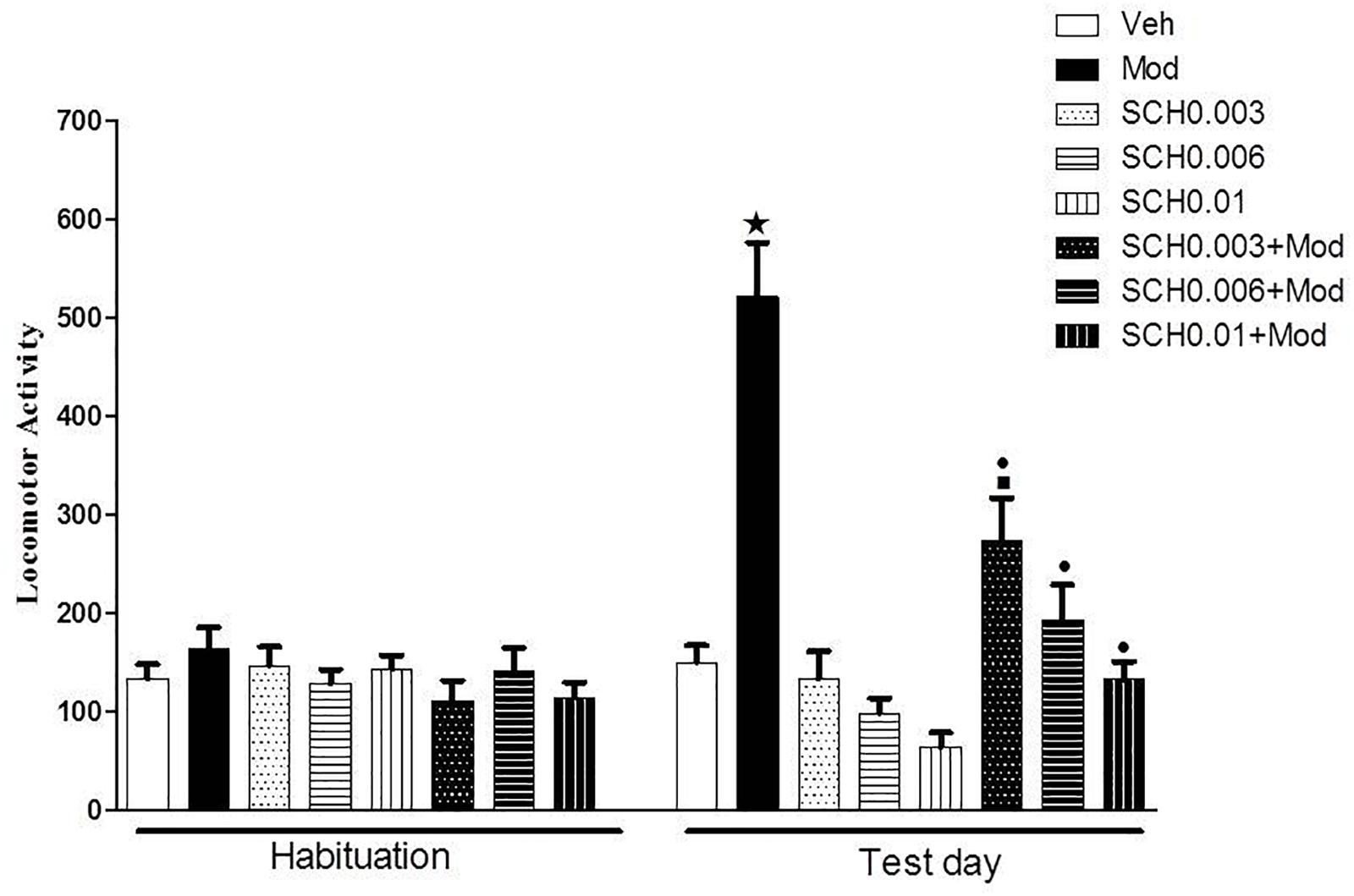Blog entry by Barbara Coronado

Abstract
Provigil, additionally recognized by its generic title modafinil, is a wakefulness-promoting agent broadly prescribed for situations such as narcolepsy, obstructive sleep apnea, and shift work sleep disorder. Over the years, its off-label use as a cognitive enhancer has garnered vital attention, notably amongst college students and professionals in search of to enhance focus and productivity. This article evaluations the pharmacological properties of Provigil, its clinical functions, and the ethical concerns surrounding its use as a cognitive enhancer.
Introduction
Provigil (modafinil) was first permitted by the U.S. Meals and Drug Administration (FDA) in 1998 for the remedy of narcolepsy, a sleep disorder characterized by extreme daytime sleepiness. Since then, its indications have expanded to include situations akin to obstructive sleep apnea and shift work sleep disorder. Along with its accredited uses, modafinil has gained recognition as a cognitive enhancer in healthy individuals, leading to a surge in curiosity in its effects on cognitive operate, motivation, and general productivity.
Pharmacological Mechanism
Modafinil's exact mechanism of motion shouldn't be totally understood, however it's believed to affect a number of neurotransmitter programs in the brain. In contrast to conventional stimulants resembling amphetamines, which improve the discharge of dopamine and norepinephrine, modafinil primarily enhances the availability of those neurotransmitters by inhibiting their reuptake. Additionally, modafinil is thought to increase the degrees of histamine, a neurotransmitter concerned in wakefulness, and may also have an effect on the degrees of gamma-aminobutyric acid (GABA), an inhibitory neurotransmitter, thereby selling wakefulness and alertness.
Clinical Applications
- Narcolepsy: The most nicely-established use of modafinil is in the treatment of narcolepsy, the place it effectively reduces extreme daytime sleepiness and improves general wakefulness. Clinical studies have demonstrated that modafinil considerably improves the standard of life in patients with narcolepsy, allowing them to engage more fully in every day activities.
The usage of modafinil as a cognitive enhancer raises a number of moral questions. The idea of "pharmacological enhancement" challenges traditional notions of fairness and fairness in tutorial and professional settings. Critics argue that the use of cognitive enhancers could create an uneven taking part in area, favoring these who have entry to such medications over those who don't. Furthermore, the lengthy-term effects of modafinil use in wholesome people stay largely unknown, raising considerations about potential dangers and negative effects.
Additionally, the potential for dependency and misuse, although thought of lower than conventional stimulants, is a priority that warrants additional investigation. The normalization of cognitive enhancement by pharmacological means may additionally lead to societal pressures to perform at higher ranges, further complicating the ethical panorama surrounding the use of such medication.
Unwanted side effects and Security Profile
Modafinil is generally properly-tolerated, with a favorable safety profile in comparison with traditional stimulants. Frequent side effects embody headache, nausea, dizziness, and insomnia. Severe adverse effects, reminiscent of pores and skin rashes, allergic reactions, and psychiatric signs, are uncommon but can occur. It is important for people considering modafinil to seek the advice of with a healthcare supplier to weigh the benefits against potential risks, especially if they have underlying well being circumstances or are taking other medications.
Conclusion
Provigil (modafinil) represents a big development within the treatment of sleep disorders and has emerged as a preferred option for cognitive enhancement among healthy people. Whereas its pharmacological properties and clinical functions are well-documented, the ethical implications and lengthy-time period results of its use as a cognitive enhancer stay areas of energetic research and debate. Because the landscape of cognitive enhancement continues to evolve, it's essential for clinicians, researchers, and policymakers to engage in discussions in regards to the accountable use of modafinil and comparable agents, guaranteeing that they are utilized safely and ethically in both clinical and non-clinical settings.
References
- Schwartz, J. R., & Roth, T. (2006). Modafinil: A novel strategy to the treatment of extreme sleepiness. Sleep Drugs Critiques, 10(1), 1-12.
